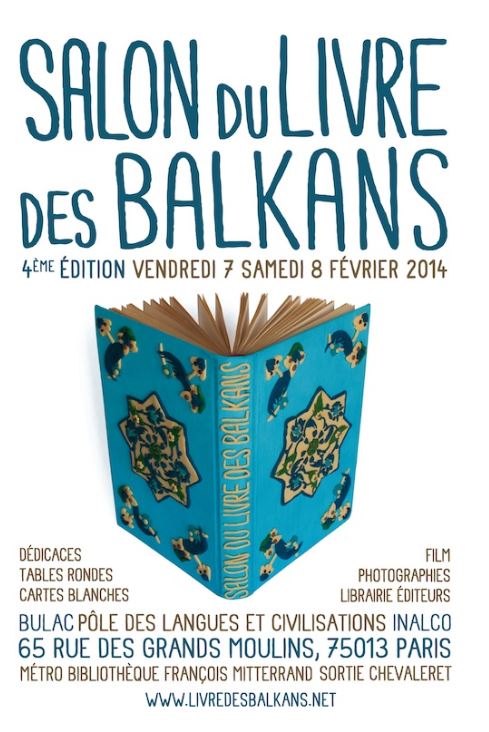Deadline 31 March 2019
From its beginning the Soviet Union was a project of substantial reshaping of gender relations. A central goal of Soviet politics was to encourage women to undertake paid work. In transferring practically all economic and social power to the state, customary gender roles of men as breadwinners and patriarchs were challenged. Starting with war communism through forced industrialization and collectivization to compulsory military service, socialist workers and peasants were tied to the modern disciplinary power as never before. On the assembly line as well as in the Gulag camp, new Soviet subjectivities were forged that challenged hitherto known figurations of peasant menfolk, sacred fools, patriarchic family fathers, and aristocratic dandies.
In cultural, literary, and media studies, the scarce research on Eastern European and (post )socialist masculinities (Wöll 2016) has so far been centered around propagandistic figurations such as the “great family” and tempered socialist heroes (Clark 1981), highlighting how the Soviet man was (un-)made in the Stalin period (Kaganovsky 2008) or tracing his genealogy up to the body politics of the current Russian President Putin (Goscilo 2011) and his image of “hypermasculinity” (Wood 2016). When scholarly investigations are focused on everyday practices, they are predominantly devoted to psychological, sociological, and historical questions (Oushakine 2002), situating their approaches conceptually within the paradigm of “hegemonic masculinity” (Connell 1995) and postulating a certain “crisis of manliness” (Kon 2009). Studies on divergent (homosexual, subcultural, etc.) masculinities have largely looked at their persistence “despite the ‘total’ claims of the state” (Friedman, Healey 2002) and the state’s repressive practices against non-heteronormative sexualities (Mole 2019). In contrast, our interest lies in the ambivalent production and artistic figuration of diverse male subjectivities within (post-)Soviet constellations–from abject to glamorous and from inconspicuous to subaltern.
Thus, the research focus of the conference is on aesthetic representations of male subjectivities–be they textual, visual or digital–beyond established propagandistic shapes of normative hegemony. We ask how such representations negotiate the divergent masculinities of Soviet real socialism that fail to fit the Socialist-Realist and neo-traditionalist imaginations of collective belonging. This comprises ordinary Soviet men such as non-patriarchal husbands, fathers or lovers under the “Soviet matriarchate,” Gulag prisoners, traumatized soldiers, alcoholics, collective farmers, migrant workers, ethnic minorities, urban youth, glamor boys, members of marginalized subcultures, showbiz or the intelligentsia, to name but a few.
Given this research agenda, our starting hypothesis is that the discrepancies between the utopian claim of socialism and the actual everyday life in the Soviet Union produced a multitude of divergent male subjectivities which found their way into artistic representations in various forms while deviating from normative gender traits such as hegemony, patriarchy, physical strength or breadwinning. Even more, assuming the capacity of art to produce identifiable personifications of latent or concealed conflicts, depictions of such masculinities may be analyzed as a prism through which, conversely, social change can be examined.
The organizers welcome papers that focus on the multiple modes of representing the repercussions of real socialism for masculinities, asking how divergent (post-)Soviet patterns of male behavior are narrated, visualized or remediated and to what extent these images are elevated to symbolic or allegorical levels. What is more, the conference contributions are supposed to discuss whether the institution of censorship enabled a specific metonymic, fantastic or documentary poetics to cope with tabooed topics concerning sexuality, corporeality, violence, and alternative structures of desire.
We invite contributions that explore these questions in case studies as well as in their historical developments from the industrialization and collectivization period to late Soviet culture and beyond, situating representations of masculinity in both urban and provincial, central and peripheral, Russian and non-Russian, Soviet and post-Soviet contexts.
The keynotes will be delivered by Tamara Hundorova (Kyiv) and Serguei Oushakine (Princeton). Once a tentative program is assembled, the organizers will apply for external funding for contributing to the participants’ travel expenses and accommodation. It is planned to publish the conference’s findings in the form of a collective monograph.
If you are interested in participating, please submit an abstract (max. 300 words) and short CV by March 31, 2019 to schwartz@zfl-berlin.org.













